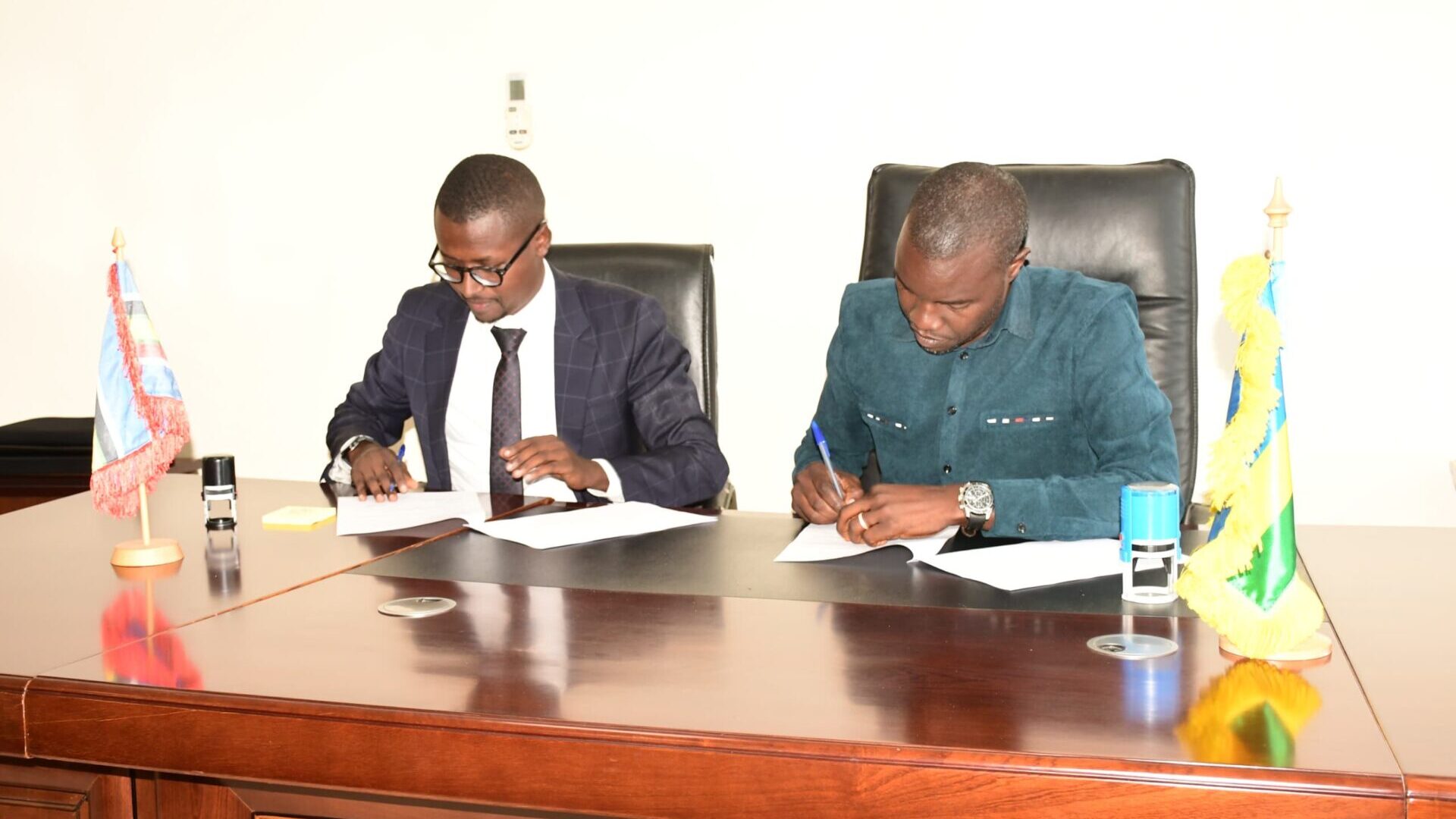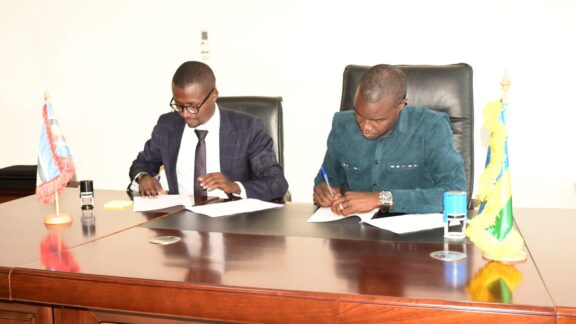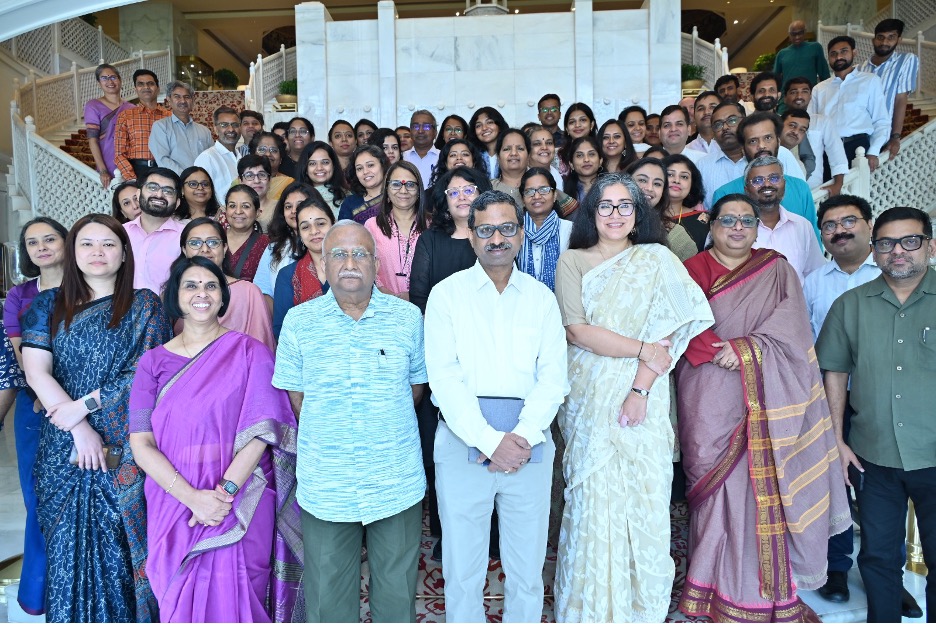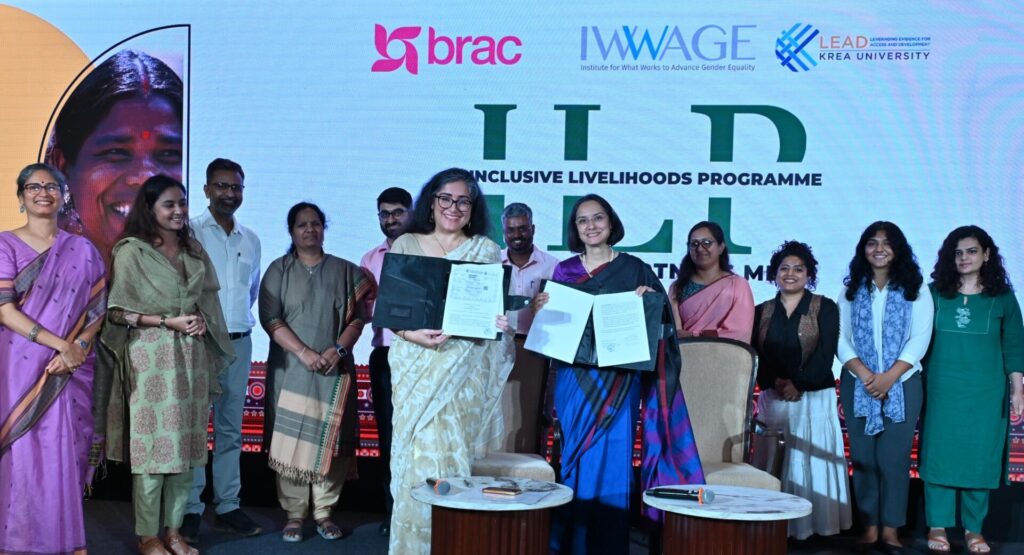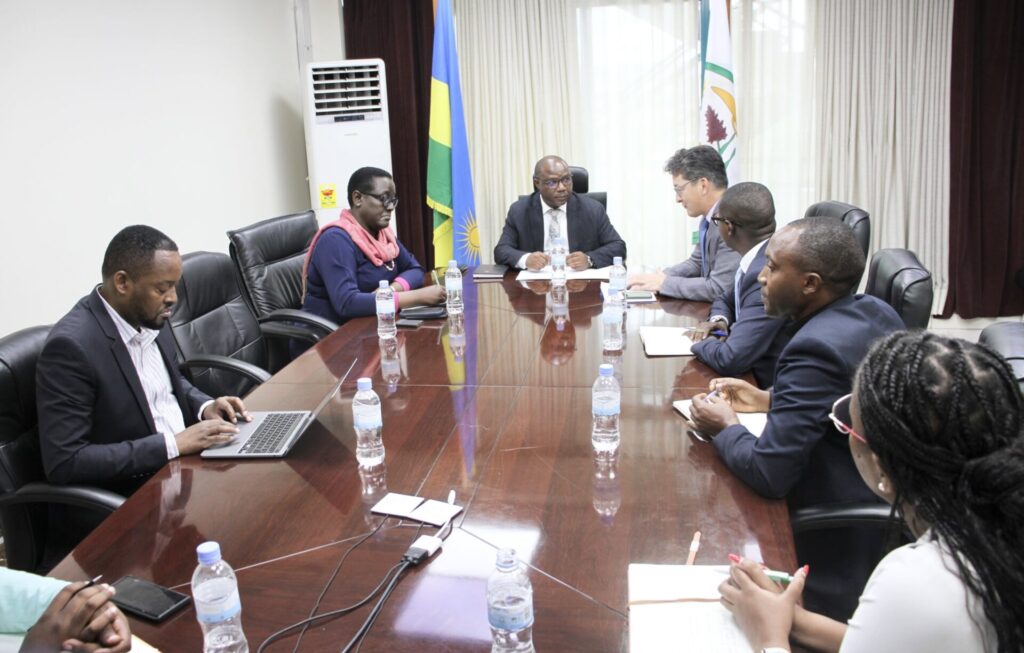In a landmark move toward poverty alleviation and inclusive development, Nyamagabe district government in Rwanda has officially signed a Memorandum of Understanding (MoU) with BRAC, a Global South-led organisation known for its community-led, integrative approach and delivering long-term impact at scale. The aim of this new collaboration is to launch a district-level Graduation programme targeting 10,287 households in extreme poverty. It aims to be a model for national scaling efforts in Rwanda.
Located in the Southern Province, Nyamagabe district is home to about 371,501 people, 89.1% of whom live in rural areas. Despite reducing the poverty rate from 67.6% in 2017 to 51.4% in 2024, a reduction of 16% over the last 7 years, the district still has the highest poverty rate in the country, according to the recent EICV7 2023/24 survey report.
Agriculture dominates the local economy, with nearly 87% of households depending on subsistence farming. While the area has favorable land and climate, it also faces significant challenges like soil acidity, limited arable land, landslides, and weak market linkages.
Under this newly signed partnership, the programme will serve as a proof of concept; a clear demonstration that even in the most difficult environments, a well-designed Graduation programme can create lasting change. Inspired by the world’s largest government-led Graduation programme in Bihar, India (JEEViKA’s Satat Jeevikoparjan Yojana, which has reached over 185,000 households and nearly 1 million people to date), this initiative reflects how governments can adapt and scale evidence-based innovations to their specific contexts. It is co-designed by BRAC and the Nyamagabe District government, which has invested an unprecedented 4 million USD in its first year. In mid-2025, the two-year pilot programme will be launched, enrolling 10,287 households, aiming to reach 43,000 households by 2030, paving the way for expansion to the remaining districts of Rwanda.
“Nyamagabe has all the capabilities to build a model Graduation program—one that brings together all the essential components. We aim to demonstrate its success not only in Rwanda but across the continent,” said Hildebrand Niyomwungeri, Mayor, Nyamagabe District, underscoring the district’s commitment to innovation, partnership and scaling solutions to help to empower thousands of households on a pathway out of poverty.
The partnership between BRAC and the district government includes:
- Establishing a dedicated District Programme Management Unit (DPMU): To coordinate all Graduation activities, align with existing systems, and ensure effective implementation.
- Delivering a comprehensive Graduation Package: To combine the Graduation Essentials, which include asset transfers, coaching, basic needs support, and livelihood training tailored to household capacity and aspirations.
- Strengthening Monitoring, Evaluation, and Learning (MEL): To integrate data systems and enhance the capacity of Para-Social Workers (PSWs), or coaches, and community structures.
The programme dubbed by the district, Gira Wigire, loosely translates to “Live with Dignity,” aims to sustainably uplift 10,287 labor-endowed households through:
- Livelihoods Support: Providing productive assets for income generation (agricultural products, livestock, small businesses) or technical skills training.
- Basic Needs Coverage: Linking families to social entitlements, including health insurance, school feeding, and public works.
- Coaching & Mentorship: Delivered weekly by trained PSWs to foster financial literacy, resilience, and confidence.
- Market Integration: Connecting households to cooperatives, collection centers, and local markets for long-term sustainability.
Households are selected using Rwanda’s Imibereho Dynamic Social Registry, ensuring the programme reaches those most in need. Nyamagabe aims to not just be seen as the poorest district but as a pioneer in this space. The district-level model will inform the Government of Rwanda’s broader National Strategy for Sustainable Graduation, which aims to enable more than 900,000 households to escape extreme poverty by 2030. The programme’s learnings will help refine the national framework and guide implementation in other districts.
“This partnership reflects what’s possible when local leadership, community insight, and global expertise come together,” said Jean Claude Muhire, Rwanda Country Lead, BRAC. “We are honored to support the Government of Rwanda’s bold vision for a poverty-free future.”
Following its official launch scheduled for July 2025, Nyamagabe will become a living lab for what locally driven, government-led Graduation can achieve, with the potential to transform lives not only in Rwanda but across Africa.

